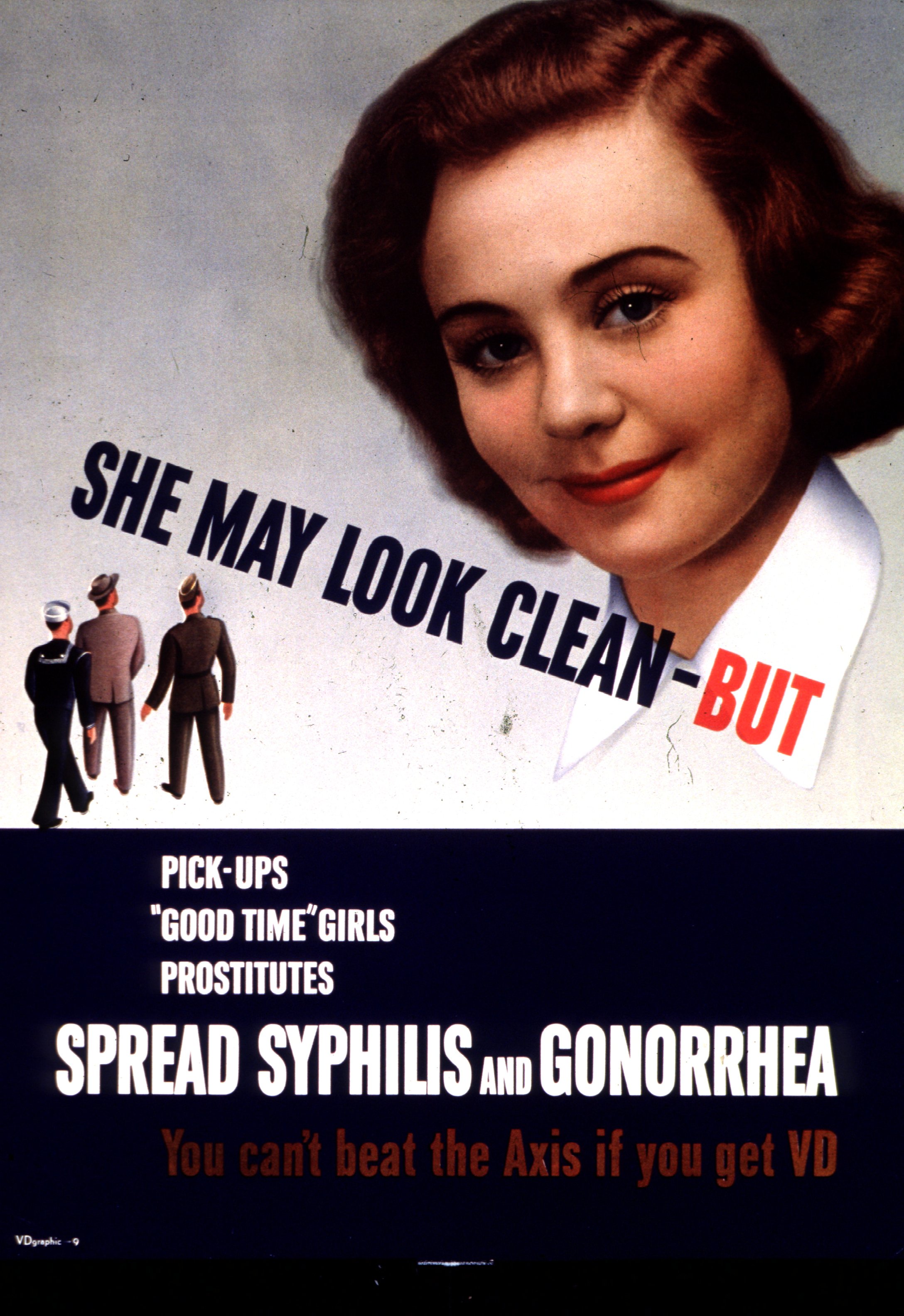When Mr. Smith Goes to Washington appears on television programs about Great Inspirational Movies, people tend to focus on its starry-eyed idealism, its commitment to classic American values, its belief in the idea that, no matter the odds, one man can truly make a difference. They don't usually mention how absolutely fucking bananas the movie is. And I don't mean that in a cynical, The-System-Keeps-Us-Dumb! way. I mean that in a Holy-Shit,-This-Movie-Forgot-to-Take-Its-Medication way.
 Mr. Smith Goes to Washington is about Jefferson Smith, er...going to Washington. He's an unexpected appointee to a recently vacated Senate seat, and though he's a political neophyte, he believes in this grand nation so much that he's going to do the best darn job a freshman Senator has ever done. The other Senator from his unnamed state, Paine, is in league with a machine boss to push an unnecessary dam project through Congress, and they're hoping Smith remains clueless so they can cash in on the graft. To make a long story short and spoil an ending you already know, Smith finds out about it because the dam will destroy the grounds on which he hopes to organize an annual boys' camp (he's got a thing about boys...I'll get to that later). When he tries to speak out, Paine and his cronies attempt to have him expelled from the Senate on phony charges, so Smith initiates a filibuster as a last ditch effort to save his ass.
Mr. Smith Goes to Washington is about Jefferson Smith, er...going to Washington. He's an unexpected appointee to a recently vacated Senate seat, and though he's a political neophyte, he believes in this grand nation so much that he's going to do the best darn job a freshman Senator has ever done. The other Senator from his unnamed state, Paine, is in league with a machine boss to push an unnecessary dam project through Congress, and they're hoping Smith remains clueless so they can cash in on the graft. To make a long story short and spoil an ending you already know, Smith finds out about it because the dam will destroy the grounds on which he hopes to organize an annual boys' camp (he's got a thing about boys...I'll get to that later). When he tries to speak out, Paine and his cronies attempt to have him expelled from the Senate on phony charges, so Smith initiates a filibuster as a last ditch effort to save his ass.The movie is a marriage between screwball comedy and "Gee, ain't this country swell?" that works together like peanut butter and chocolate and beer. Smith's idealism is reflected in a Welcome to Washington montage that has him admiring all the pretty monuments, but most especially the Lincoln Memorial, which he returns to repeatedly when he's in need of inspiration or solace. Rippling through this is the jadedness of every other character, most especially his secretary and love interest, Saunders, and her alcoholic reporter friend, Diz, and they get in some pretty great lines, at least one of which I feel the need to incorporate into my daily sayings: "I gotta go out and drink this over."
It's Classic Hollywood done by the best. Yes, there are certain aspects that haven't aged well, most notably Smith's awkward predilection for boys. He leads a pseudo-Boy Scouts ("Boy Rangers") as well as a newspaper geared toward the little lads. The Governor, upon arriving at Smith's house to deliver the news of his appointment, is startled by the presence of a boy band, and enters to find the whole place littered with boys. When the "Youth Leader" gets to Washington, he seems quite interested in the Congressional page boys, giving each one a Boy Ranger button they proudly wear. And, as mentioned above, his biggest dream is to organize an annual boys camp so he can initiate the nation's children into manhood. It's all innocent, of course, but in this suspicious day and age (never even mind the Mark Foley scandal), one that makes us...wonder...a bit about Mr. Smith and his lack of a wife.
But then there are those "Whuzzuh?" moments, where we start to get the idea that Capra and his writers are just fucking with us. The first one comes along when the newspapers portray Smith in a demeaning fashion. That gets him good and steamed, so he goes around punching people in the face. Granted, it's not a sudden outbreak of mass face-punching; he targets those reading the articles about him and laughing. And also the reporters. His madness is finally brought to an end when he chases a reporter into the National Press Club (a bar, natch) and they manage to bring him down. Controversy raised over Mr. Smith's rampage: None. It's all in good fun, folks!
 "I'm gonna light you up like the mooovie hooouuuse!"
"I'm gonna light you up like the mooovie hooouuuse!"Some other light-hearted violence comes along during Smith's filibuster. The machine boss shuts down all opposition newspapers, so the citizens in the state only receive a spun, "Smith is a Disgrace!" message from the media. To combat it, Smith's mother and the boy reporters at his paper put out their own pro-Smith articles. When the boss hears about it, he orders his men to take drastic measures. This results in a montage of thugs stealing children's newspapers, storming into their offices and slapping them around, and running over their wagons with roaring trucks. The coup de grace comes when a carload of boys taunts the drivers of a truck loaded with anti-Smith newspapers, so the truck drivers do what comes naturally and run them off the road. The high-pitched screams of the children are horrifically and hilariously cut off by the transition to the next scene.
Let us also not discount Smith's ability to inspire his fellow man, a catalyst that acts quicker than Popeye's spinach. First he puts his Smithiness into Saunders during a late night bill-writing session. She wants to get the job done and go home because she knows the bill is doomed by the dam anyway. But he talks about the beauty of nature in his home state, and his words have quite the effect on the big city gal. As she listens, the film shoots her in Smith-o-Vision, soft lighting close ups where her eyes water with hope and optimism. Those types of shots were common enough back then (I think of them as Old Hollywood's money shots), but their combination with Smith's stirring speech breezes past cheesy and places them firmly in the absurdly cornball category. I can picture Capra saying around the tongue in his cheek, "Yeah, choke on all that glorious America, you fuckers." She falls in love with Smith, of course, and they go on to finish the bill with her perversely never mentioning the dam.
I was even more weirded out by a similar turn at the end. During his epic filibuster, Smith addresses Senator Paine about lost causes. Paine knew his father, you see, and Smith appeals to the veteran politico's dead sense of hope and idealism. Up until this point, Paine has been doing all he can to put Smith out to pasture while privately ruing his actions, and now Smith's words clearly touch him. Smith faints, and Paine quietly leaves the Senate chamber. He's a calm person, cool-as-a-cucumber (and played by the dashing - and English - Claude Rains), so presumably he's leaving for a bit of soul searching before revealing the truth. But that assumption turns out to be wrong when he tries to shoot himself in the head. Two men pull away his gun before he can do the job, then he runs back in ranting and raving at the top of his voice, confessing his guilt. The crowd cheers.
Another scene that struck me: Smith is nervous speaking with Paine's beautiful daughter, and as they talk we only see Smith's hands fiddling with and dropping his hat in a continuous shot. It's a daring choice, even today, one I very much enjoyed. Other small touches feel like screwball's influence trumping the starry-eyed view: the Governor is beset at work by two different groups telling him who appoint to the new office, then arrives home to find his kids doing the same thing (they want Smith). He flips a coin to decide, and when it lands on its side, he goes for Smith. Later on, when he prepares for his filibuster, Smith pulls a comically large thermos out of his suit coat. It reminded me of another movie...
 If you have not seen this movie, you have not lived...
If you have not seen this movie, you have not lived...Capra's movies usually get classified as schmaltz, but quite often they showcased a zany attitude firmly beside the can-doism. And that, I think, is why they remain so heralded and influential. The civics lessons are what get brought up, but they wouldn't go down so easy without the ballsy bonkersness and the genuinely stinging one-liners.







